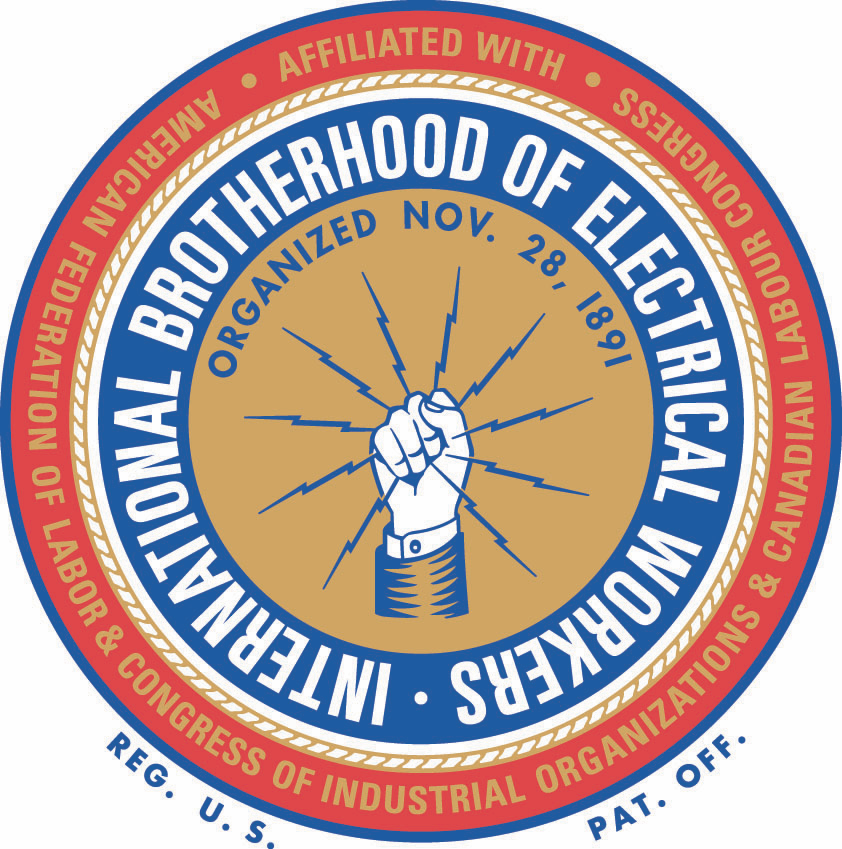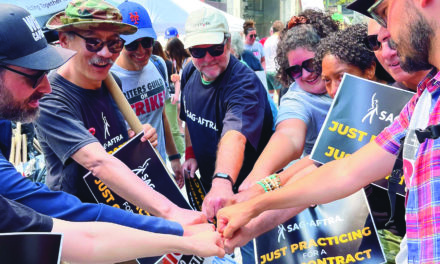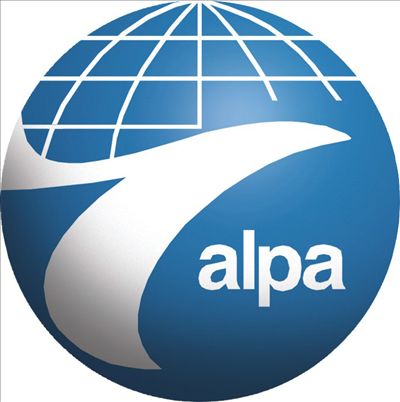The International Brotherhood of Electrical Workers (IBEW) represents more than 750,000 workers in the electrical industry in the United States, Canada, Panama and several Caribbean island nations; particularly electricians, or Inside Wiremen, in the construction industry and linemen and other employees of public utilities. The union also represents some workers in the computer, telecommunications, broadcasting, and other fields related to electrical work.
The union was founded in 1891 shortly after homes and businesses in the United States began receiving electricity. In September 1941, the National Apprenticeship Standards for the Electrical Construction Industry, a joint effort among the IBEW, the National Electrical Contractors Association, and the Federal Committee on Apprenticeship, were established. The IBEW added additional training programs and courses as needed to keep up with new technologies, including an industrial electronics course in 1959 and an industrial nuclear power course in 1966.
Today, the IBEW conducts apprenticeship programs for electricians, linemen, and VDV (voice, data, and video) installers (who install low-voltage wiring such as computer networks), in conjunction with the National Electrical Contractors Association, under the auspices of the National Joint Apprenticeship and Training Committee (NJATC), which allows apprentices to “earn while you learn.”







